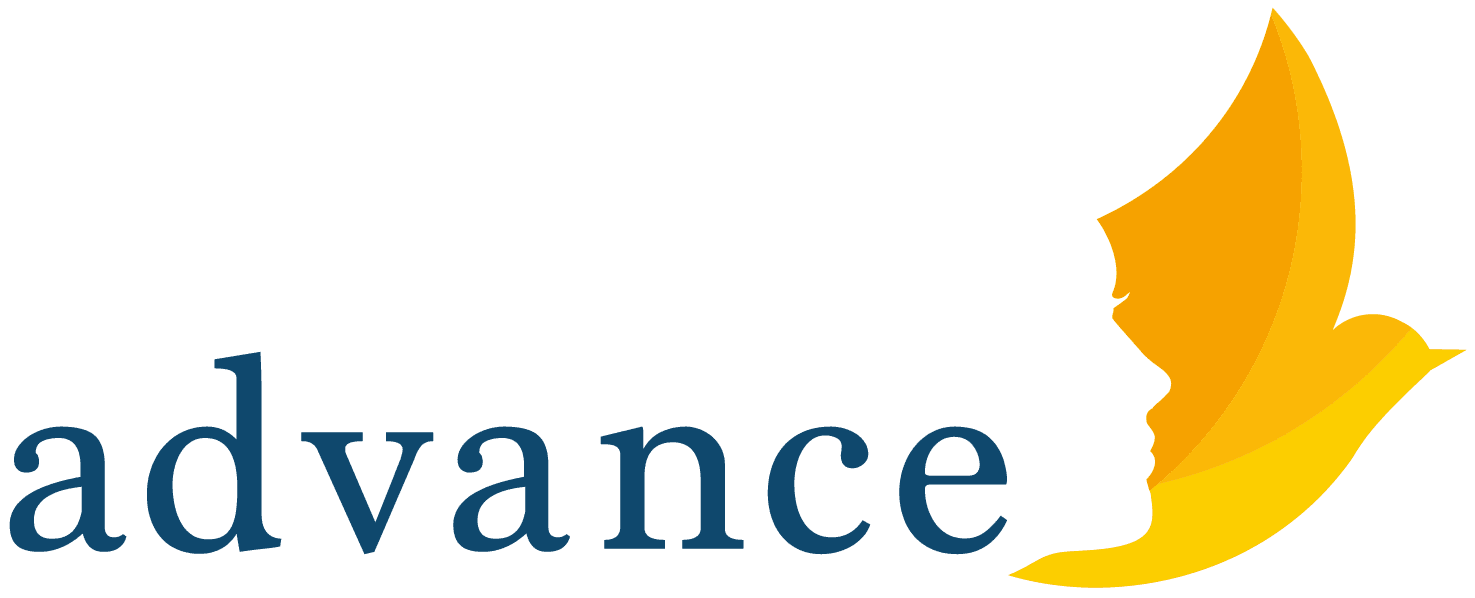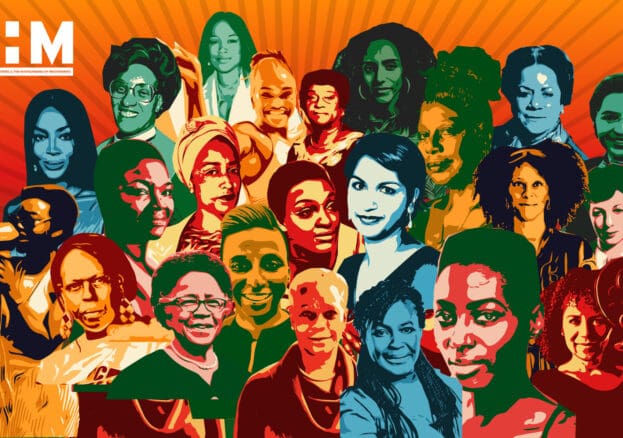It has been over 50 years since the creation of the first refuge in London. In that time, women and allies have worked both together and individually to raise awareness, advocate for real change and secure meaningful funding to support women and girls beyond crisis, and beyond the concept of refuge. It has been exactly 50 years since the founding of the Brixton Black Women’s Group, which came out of the need for a space where women of African and Asian descent could meet to focus on political, social and cultural issues affecting Black women.
As a women’s organisation passionate about advocating for a world that is safe and equal for women and girls, we are very pleased with the choice of theme for this year’s Black History Month: Saluting our Sisters. It provides an opportunity to take a moment to reflect on and appreciate the incredible role that Black women have played and continue to play in creating a better and more equal society. It is also an opportunity to highlight the importance of specialist Black women’s organisations in fighting violence against women and girls (VAWG); to value the expertise of specialist ‘by-and-for’ women’s organisations who understand the experiences and barriers women and girls face, and how best to reach them in the way that they need, where and when they need.
Women disproportionately experience abuse and violence, with around 1.7 million women affected by domestic abuse every year in the UK. One woman dies every three days at the hands of a perpetrator and many more are lost through suicide. However, this is higher amongst Black women whose experiences of domestic abuse and other forms of violence are compounded by systemic bias and racism, family and community factors and fear of reprisals or repercussions. A woman’s ability to leave an abusive situation is fraught with barriers and challenges, including limited funding for support services available to them and missed referral opportunities into support from statutory services and the police. No Recourse to Public Funds policies can leave migrant women with an impossible choice of staying with an abuser or risking destitution, immigration detention or even removal from the UK. Ultimately women are left vulnerable to further abuse or feeling that they have no other option than to self-harm or take their own lives. This lack of support can also have a direct link to their criminalisation.
We celebrate the amazing women who paved the way to ensure services are available for the next generation, considering their intersecting identities such as race, ethnicity, religion and culture. We cannot let this work be undone. It is vital that as a sector we speak as one, but that none speaks for the other. We will not tackle VAWG until all women have access to the support they need, in the way they need it.
Alongside 70+ women’s organisations, Advance is calling on MPs to listen to our expertise and support the VAWG manifesto as we approach the next general election. Together, we demand that tackling violence against women and girls is a top priority for any incoming government, backed up by funding with a duty that includes by-and-for specialist organisations.
We call on local authorities to invest in their communities, ensuring that VAWG is prioritised. Black women who experience domestic abuse, sexual violence and/or harmful practices must have access to services provided by women from their communities who understand their needs, and any fears they might have regarding statutory agencies. We call on policymakers to look to models such as the Angelou Partnership as an example of how we can collectively support women and girls who experience violence and abuse. When a woman is referred to the Angelou Partnership, she not only gets a broad VAWG service, but also specialist services which work to address her own unique needs. Each partner offers a different kind of specialist support, including for Black and minoritised women and those from LGBTQIA+ communities.
We must centre the needs of the most marginalised and ensure policies protect all women without discrimination. Only then will we see a society free from violence against women and girls.
www.advancecharity.org.uk @ADVANCEcharity


